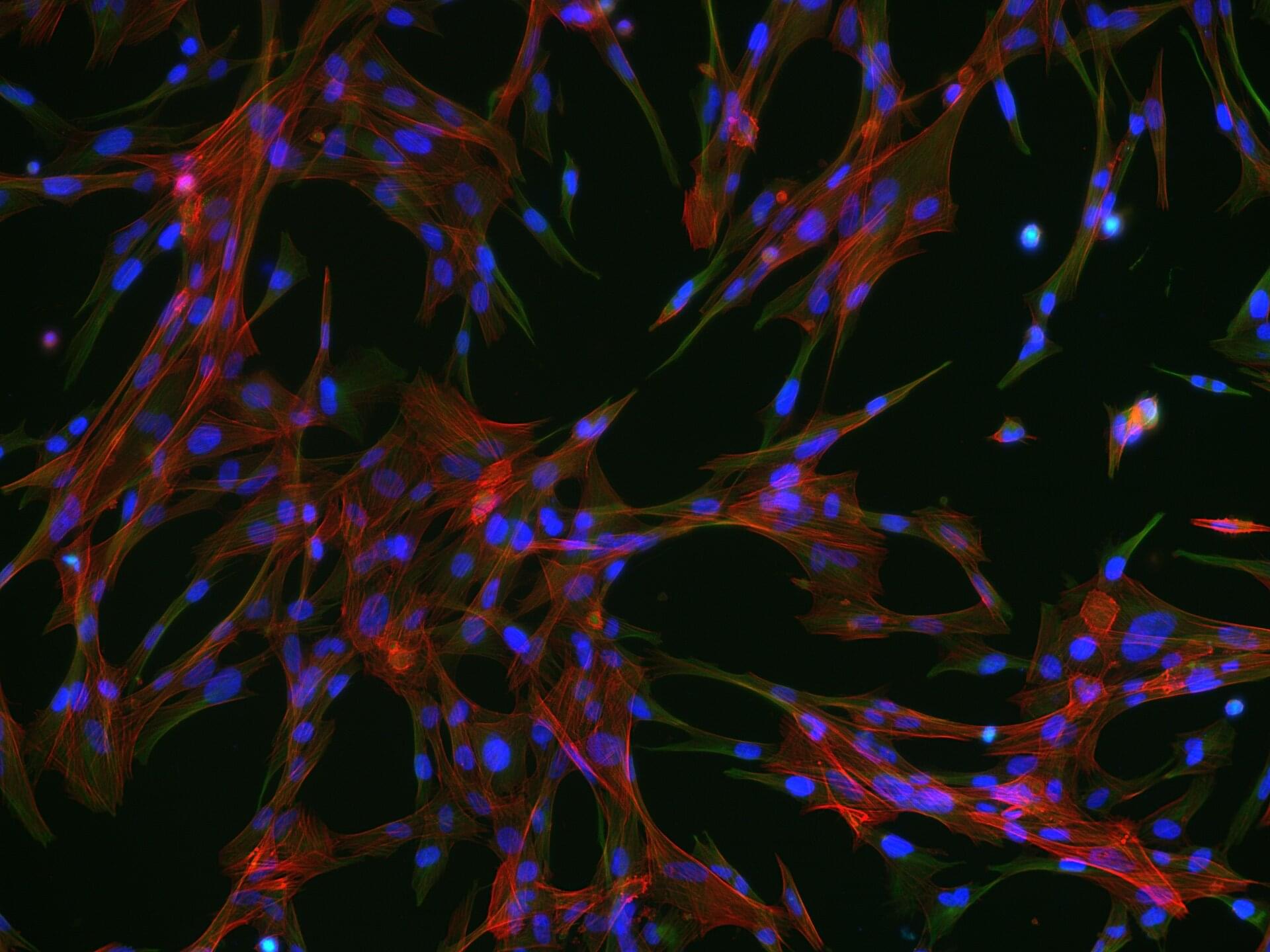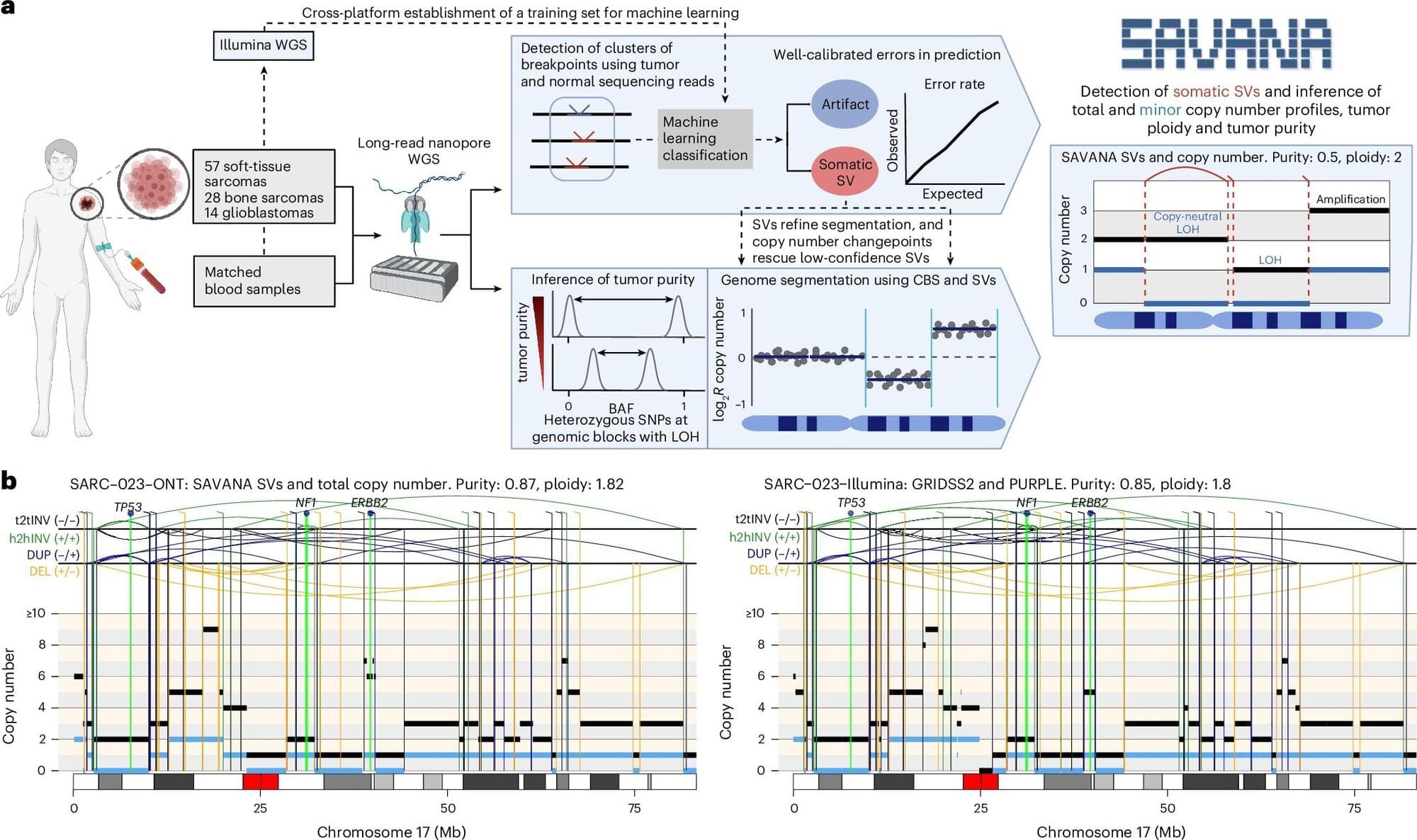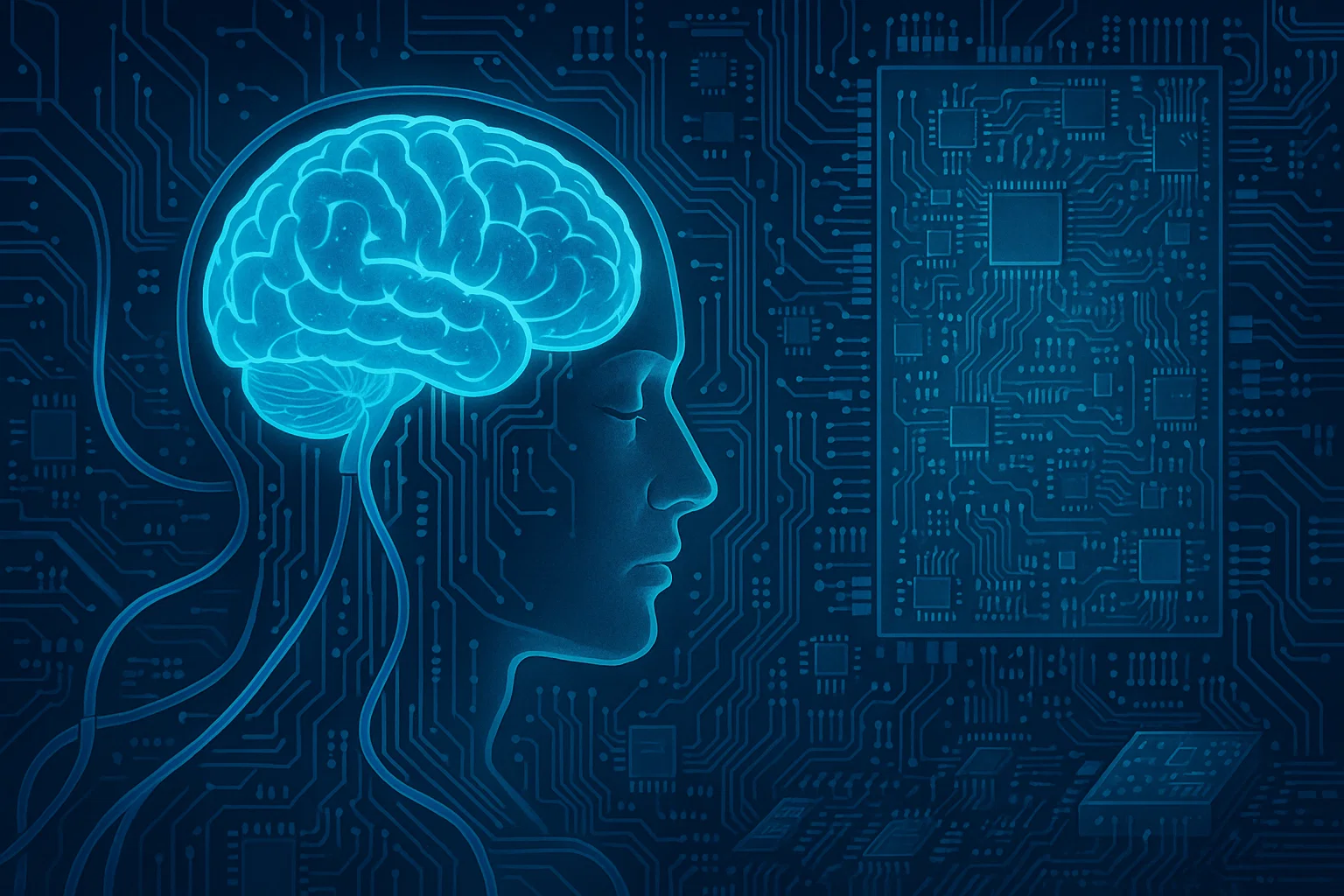The U.S. Treasury Department has sanctioned Funnull Technology, a Philippines-based company that supports hundreds of thousands of malicious websites behind cyber scams linked to over $200 million in losses for Americans.
Funnull facilitated virtual currency investment scams (also known as romance baiting and pig butchering) by buying IP addresses in bulk from various cloud service providers. The company sold these IP addresses and hosting services to cybercriminals, enabling them to host malicious websites.
Criminals behind pig butchering scams contact victims through dating sites, social media, and messaging apps, building trust and luring victims into fake investment schemes. However, instead of investing, the fraudsters divert it to accounts they control, stealing their money.








